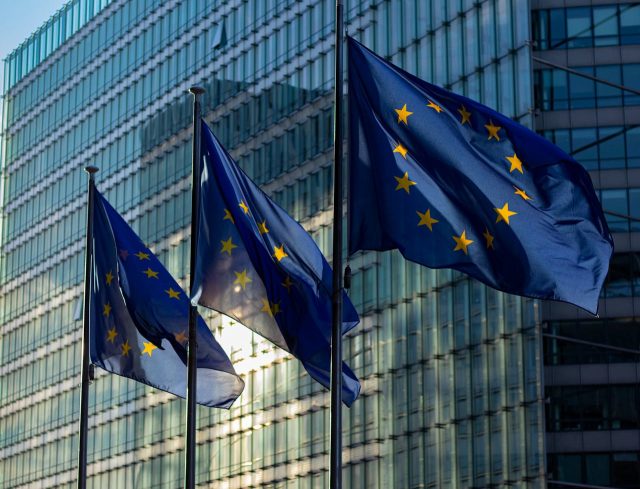
Italy and Germany join forces to drive European competitiveness
The axis between Italy and Germany is strengthened in the name of digitalization and Industry 4.0, in order to address the production and geostrategic challenges that Europe is facing. One year after the signing of the Italian-German Bilateral Action Plan, the two industrial powers reaffirmed their cooperation with a first ministerial forum held in Berlin, an opportunity to discuss common strategies on digitalization, industrial policy, energy and space.
A strategic dialogue for Europe
Chaired by the German Minister of Economy Robert Habeck and the Italian Minister of Enterprise Adolfo Urso, the meeting focused on the consolidation of economic relations and the definition of a shared agenda to strengthen the EU’s competitiveness. With the participation of trade associations and chambers of commerce, including Confindustria and Bdi, the ministers reiterated the need to address key issues such as support for SMEs, regulatory simplification and the removal of cross-border barriers. According to Urso, the EU’s decline in production, aggravated by the crises in the automotive and steel sectors, is an urgent matter that requires timely intervention. “Europe must reverse this trend, investing in advanced technologies and promoting an industrial policy that makes companies competitive in global production chains,” he said.
Digitalisation and Industry 4.0: an alliance for innovation
Among the main points of discussion, digitalisation and Industry 4.0 were identified as pillars for building a resilient and sustainable industrial future. Particular attention was paid to decentralised ecosystems for smart manufacturing, with the aim of integrating Italy into the Manufacturing-X initiative. This platform aims to digitally connect European companies, creating a network that optimises production and strengthens the continent’s technological autonomy. An important signal in this direction is the Italian participation in the Hannover Fair 2025, a reference event for industrial technologies and innovations in the manufacturing sector.
Industrial policy and energy: towards strategic autonomy
Another crucial topic of the forum was industrial policy, with a focus on energy-intensive industries. Minister Urso underlined the need for a European plan for the automotive sector that is based on technological neutrality and that includes common resources to support investments. In parallel, the energy industry was at the centre of the discussion, with the aim of ensuring competitive prices and a stable regulatory framework for energy-intensive companies. Habeck highlighted the key role of the Clean Industrial Deal, an initiative that aims to combine economic growth and environmental sustainability, promoting green technologies “Made in EU” at a global level.
Cooperation in Space: competitiveness and sovereignty
The space sector was also the subject of attention, with working groups committed to ensuring that European legislation reflects the interests of individual Member States. The objectives include promoting competitiveness and strategic sovereignty in the sector, as well as cooperation on the IRIS2 programme, which aims to improve European space infrastructure.
A common vision for the European future
The forum highlighted how Italy and Germany share a common vision: strengthening European competitiveness through a joint plan that combines innovation, sustainability and economic growth. Minister Urso stated that this cooperation represents a strategic step to direct the EU towards a development model based on a “growth and green deal”. Collaboration between the two countries is not limited to ministerial discussions. Associations and businesses play an active role, providing input that will influence the future political agenda. Through the bilateral Action Plan, the two nations are committed to working on strategic issues such as regulatory simplification, support for SMEs and the digital and ecological transition.
Italy and Germany demonstrate how bilateral cooperation can be a driving force for the entire continent, especially in a period of profound transformations and global challenges. The first ministerial forum represents a model of dialogue and coordinated action that could be replicated in other European contexts. By joining forces, the two countries not only strengthen their economies, but position themselves as leaders in the twin, digital and green transition, helping to build a stronger, more resilient and autonomous Europe.



 Subscribe
Subscribe